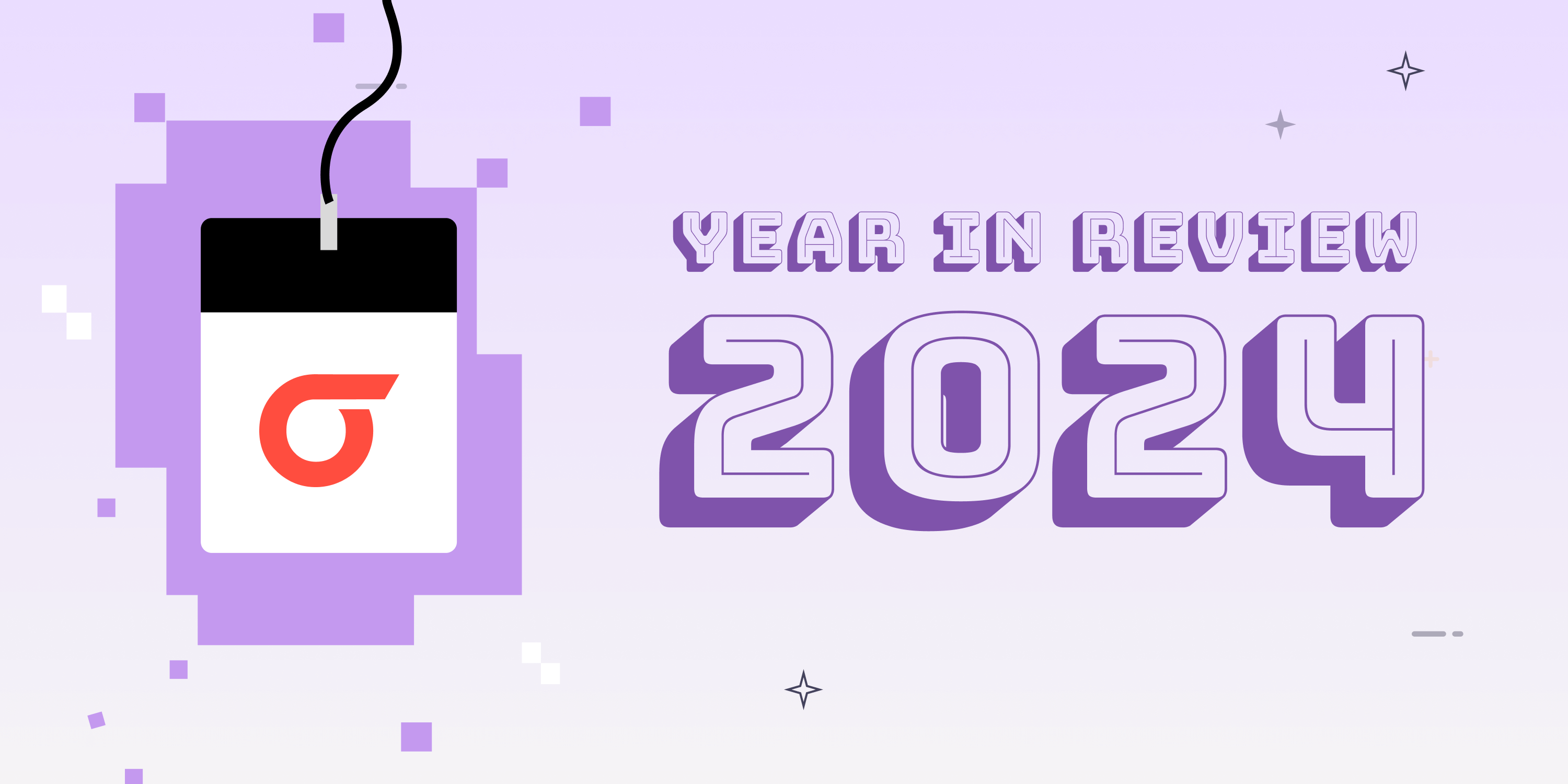Imagine, you being a doctor attending to patients; you could see more patients but the load of managing documentation is affecting your productivity.
Attending to patients and documenting simultaneously manually can even lead to recording inaccurate/incomplete patient details, which might further impact the medication prescriptions or treatment.
In these types of situations, you dream of having an assistant who can help you with documenting patient details, health records, writing prescriptions, and more, and that is also without making any mistakes. Well, it is a reality now!
Healthcare professionals are now using generative AI, yes, that subset of AI, that generates text, images, videos, and more, for clinical documentation purposes.
In this blog, you will learn about the role of generative AI in enhancing clinical documentation and how it benefits the healthcare sector. So, let’s get started.
Understanding Generative AI
Before moving forward, let’s understand Generative AI and how it works.
Generative AI is a subset of artificial intelligence that generates new content, in the form of text, audio, images, videos, and more. It uses machine learning algorithms, and natural language processing (NLP) capabilities to understand the context of the prompts, or commands given.
Then, it accesses a large amount of data, also known as a knowledge bank, to gather relevant information, and generate text, images, or video based on the prompt given.
Role of Generative AI in Enhancing Clinical Documentation
In the healthcare industry, generative AI plays numerous crucial roles in enhancing clinical documentation. The top use cases are listed below:
- Automates Routine Tasks
The first role of generative AI in improvising clinical documentation is automating daily tasks. GenAI can be used by doctors and healthcare professionals as assistants which can help with the transcription of doctor’s notes, health records, medical reports, and other crucial documents.
Voice-to-text compatible generative AI can assist doctors in preparing prescriptions using voice commands. Moreover, generative AI can also fill out incomplete patient information, by analyzing past records.
- Improving Accuracy and Consistency
Generative AI also helps in improving the accuracy and consistency of the medical documents. While creating medical paperwork, a high level of accuracy is required otherwise its consequences could be fatal.
Hence, healthcare professionals leverage generative AI to create medical reports and documents easily while maintaining utmost accuracy, leaving no room for a single mistake.
Furthermore, GenAI also helps doctors and medical professionals with clinical documentation adhering to industry standards, such as HIPAA, and GDPR, maintaining industry standards.
- Time Efficiency
Generative AI saves time. Healthcare experts can generate long reports, paperwork, and study notes within minutes using generative AI. It is also used in the healthcare industry to conduct research and analyze patient data insights and healthcare trends.
Moreover, GenAI is also used by the hospitals and healthcare facilities administration for data entry and patient information updation in real-time.
All of these contribute to streamlining administrative tasks and allow doctors, medical professionals, and experts to dedicate more time to patient care and other necessary tasks.
Key Technologies of Generative AI
The generative AI uses the following three key technologies to create new content.
- Machine learning (ML)
Machine learning allows systems to improve their performance from data analysis and experience, using algorithms and statistical models. The benefit of ML is that developers do not need to explicitly program the systems for each task.
- Natural Language Processing (NLP)
Natural Language Processing is the subset of artificial intelligence that allows the communication between computers and humans through natural language, so that the computers can understand, interpret, and generate human language.
- Neural Networks
Inspired by the human brain, Neural networks are a set of algorithms designed to recognize patterns, analyze data, and carry out tasks such as classification, prediction, and decision-making by simulating interconnected neurons.
How Does Generative AI Work?
Let’s understand the workings of Generative AI for clinical documentation in three simple steps.
- Doctors or medical professionals enter prompts, or commands, in the generative AI-powered systems.
- The generative AI in the system is trained on the vast amounts of data. It understands the context of the prompt and accesses the database to gather relevant knowledge.
- After gathering the information, the generative AI generates the results in the form of text, helping doctors with clinical documentation and saving time.
Now, that you have understood generative AI and how it works, let’s move forward to read about the benefits of implementing GenAI for clinical documentation.
Benefits of Implementing Generative AI for Clinical Documentation
There are numerous benefits of integrating generative AI into healthcare for clinical documentation. The top advantages are as follows:
- Enhanced Productivity
Generative AI for clinical documentation helps to enhance the productivity of healthcare professionals. It can swiftly create long reports, medical records, patient files, and other documents by providing prompts. This saves time and allows doctors and medical experts to perform more tasks efficiently.
- Better Patient Care
Generative AI also helps medical experts to offer better patient care. When the tedious task of clinical documentation is taken over by the genAI, doctors can save time and dedicate it to more important tasks i.e., attending patients and providing better healthcare services.
- Compliance With Industry Standards
Another benefit of implementing healthcare generative AI for clinical documentation is that it can generate reports and documents adhering to industry standards.
It leverages machine learning capabilities to create results. By training the generative AI with custom data and industry regulations, such as HIPAA, and GDPR, you can ensure clinical documentation generated by GenAI aligns with the industry compliance standards.
- Cost-Savings
Last but not least, Generative AI also helps healthcare institutions save significant costs. Medical facilities can replace the human workforce with generative AI for clinical documentation.
It not only creates more documents in less time but can also ensure their quality, no errors, and they are compliant with industry standards. Bonus, genAI models can work around the clock, consuming fewer resources, unlike humans.
Challenges and Considerations for Integrating Generative AI for Clinical Documentation
Several healthcare organizations face some challenges while implementing generative AI for clinical documentation. In this section, we have listed some common problems they face and provided solutions for the same.
Challenge#1. Integration with Existing Systems
The existing healthcare systems might be outdated and do not support generative AI.
Solution: You need to replace existing systems with new, high-end EHR/EMR healthcare systems that support generative AI to ensure successful integration.
Challenge#2: Data Privacy and Security
The security for healthcare data required to train GenAI models is not sufficient and it is vulnerable to cyber-attacks and hacking.
Solution: Healthcare organizations must implement high-security measures, such as end-to-end encryption, 2-factor authentication, and more, to protect data needed for training GenAI models.
Moreover, they can also leverage blockchain to provide an extra layer of security to ensure data privacy and security.
Challenge#3. Training and Adoption
The staff and doctors do not know how to use generative AI tools for clinical documentation.
Solution: To tackle this challenge, it is essential to provide comprehensive training to doctors, medical experts, and administrative staff on effectively utilizing generative AI models for clinical documentation.
Challenge#4. Ethical and Legal Issues
Healthcare organizations face ethical and legal issues while leveraging generative AI for clinical documentation.
Solution: While developing the generative AI model, you need to create and train AI algorithms that help provide fair and accurate documentation. Also, you must ensure the documents created by genAI must align with the industry standards, such as HIPAA and GDPR.
Future of Clinical Documentation with Generative AI
The future of clinical documentation with generative AI seems promising. As more innovations take place in the AI and healthcare industry, we can expect high-end AI algorithms that power generative AI models to perform various clinical documentation tasks.
We can also witness advanced voice-controlled generative AI models taking notes, creating reports, paperwork, etc, more accurately using voice commands, ultimately lessening the administrative burden.
Conclusion
Generative AI plays a crucial role in clinical documentation in the healthcare sector. It can create documents, reports, paperwork, and more, in just a few minutes, increasing staff’s productivity. Also, it saves their time, allowing them to focus on more important tasks and provide better patient care.
The significance of using generative AI for clinical documentation is that you can train it with custom data to ensure all the documents produced by it align with HIPAA, GDPR, and other industry standards.
However, while integrating it into your healthcare business, you may face some challenges, but do not worry!
You can get in touch with Quytech, a leading generative AI development company, for professional assistance in developing and integrating generative AI for clinical documentation.
For more information, you can visit the website – https://www.quytech.com/
FAQs
Here are a few frequently asked questions related to Generative AI for clinical documentation.
Yes, generative AI can help with documenting reports, patient data, research papers, study notes, and more.
Generative AI uses machine learning capabilities to produce documents by using the data it is trained on. If you train the model with high-quality consistent data, you can ensure the high accuracy of results and vice-versa.
Yes, you can develop a custom generative AI model tailored to your specific needs. Moreover, you can contact Quytech, and we will develop your genAI model professionally aligning with your clinic.
Post Views: 43




















Discussion about this post